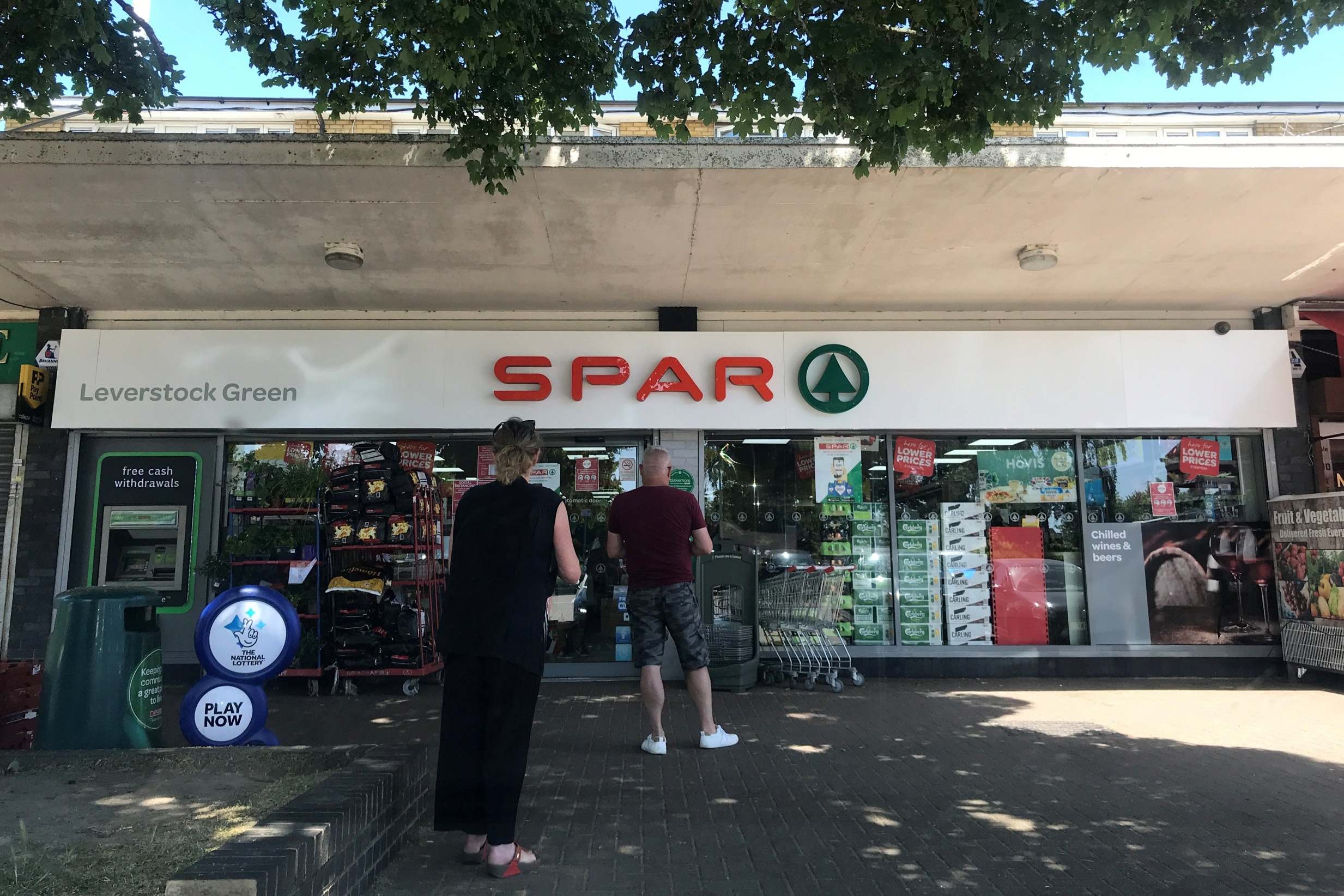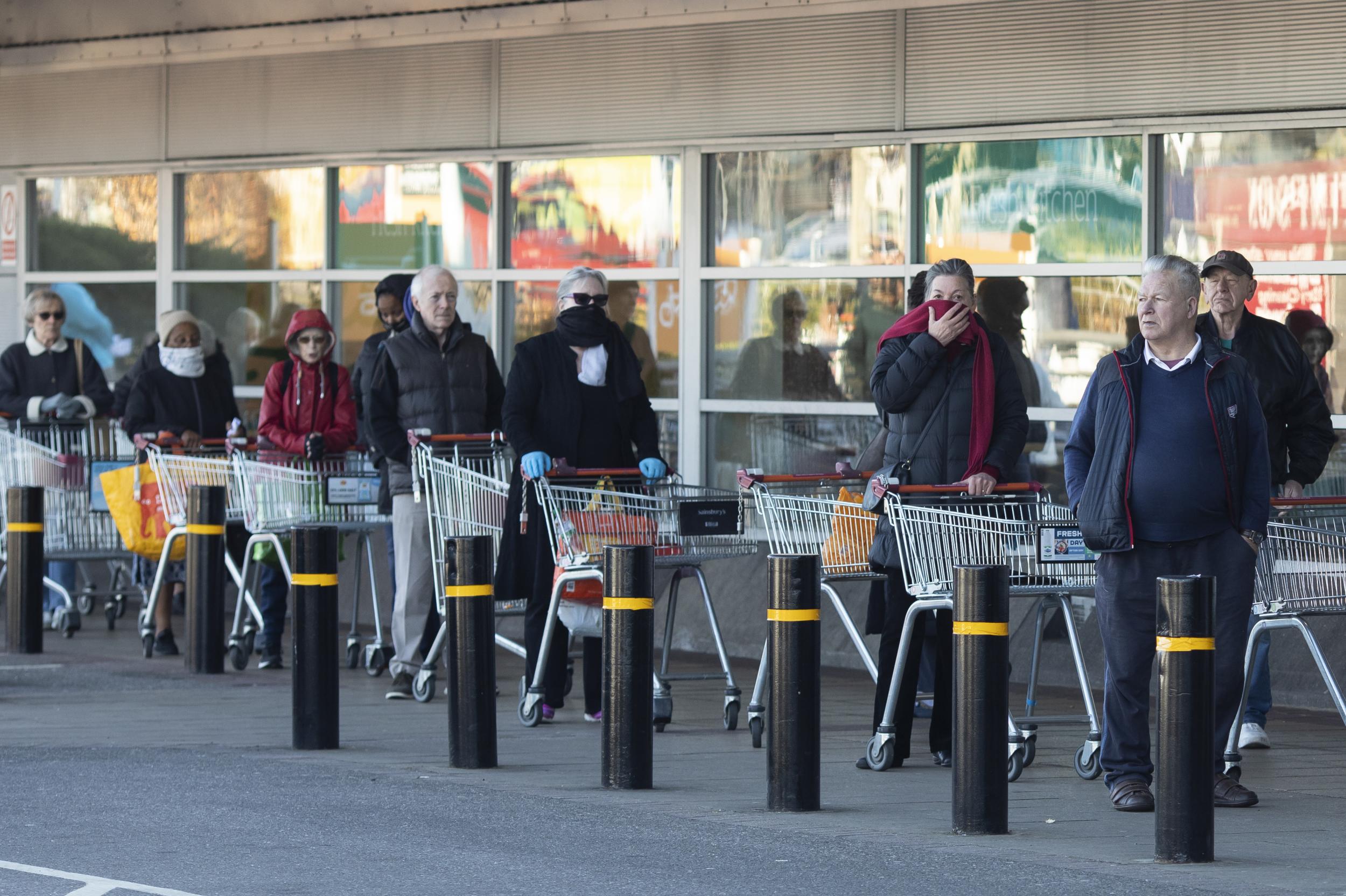Boom time for grocers – but online and convenience stores are the big winners
Britain’s grocery market has endured a shake-up through the pandemic. Some of the changes will stick, writes James Moore


There’s never been a national shopping basket like the one researcher Kantar has just turned the spotlight on. The grocery market has boomed with people confined to their homes, but within it there have also been some signifiant shifts.
Some of the numbers, which are based on the purchasing habits of 30,000 demographically representative households across Britain, are quite stunning.
The humble corner shop? It’s turned into something more like a Silicon Valley tech unicorn. Over the 12 weeks to 14 June sales through this channel, independents and those part of networks such as Spar, surged by 69.3 per cent.
Co-op has been pacemaking for a while now, benefitting handsomely from its big bet on convenience. Over the course of the pandemic, the afterburners have been applied. It recorded a growth of 34.5 per cent.
Frozen food specialist Iceland expanded by 31.4 per cent, online doyen Ocado by 42.2 per cent.
Just as there were leaders, there were also a couple of notable laggards. While sales growth of 6 per cent would look like witchcraft for a big grocer in more normal times and a cause for champagne in the boardroom, it leaves Asda playing catch up this time.
Then there’s Aldi, which is similarly puffing and panting with the slowpokes, not a position the German discounter is accustomed to being in. It increased its sales by 8 per cent, but that meant it lost market share by Kantar’s reckoning, and for the first time in a decade. It even lagged behind Waitrose.
Will the next set of numbers look more normal as the lockdown restrictions are eased? Well that’s where it gets interesting.
Kantar’s head of retail Fraser McKevitt says that in the most recent four weeks covered by the survey, households made 77m fewer trips to the grocers than they did during the same period last year, but 19m more than they did in May.
With further lockdown easing just announced, it’s a trend that looks set to continue, which may be good news for Aldi and Asda.
That said, some of the changes will be permanent.
Ocado wobbled early on, as shortages emerged, and securing a delivery felt like winning the lottery. This annoyed some of its customers; those who shelled out for delivery subscriptions in particular. But with extra capacity brought online and extra money raised on the stock market to fuel expansion, it’s likely to hang on to most of its gains. It may extend them.

Grocery shopping is a chore. Doing it online, which accounted for a record 12 per cent of the market, makes it less onerous. A notable feature highlighted by McKevitt is the number of older people who’ve taken it up for the first time.
The independent convenience stores may return to earth somewhat, as supermarkets become easier to use, the queues become less irksome, and people become less wary about venturing out.
But they may see some permanent benefits from people adopting an online plus convenience model. Some of the owners of these businesses are very entrepreneurial and fleet-footed, capable of adapting quickly to the needs of their customers. And there is, of course, the shop local movement. This will bear watching.
The grocery sector’s overall growth may slow as people return to work, and begin eating out, or at canteens. But recession may curb people’s enthusiasm for that. Some may start making their own lunches to reduce their costs.
Recessions have traditionally thrown the spotlight on price, so we can probably expect Aldi to pull out of the relatively slow lane it occupied through the pandemic period, which may partly reflect the characteristics of its estate and the limited range it offers. If you’re only doing one shop during lockdown, and have to put up with queueing to get in, you’re going to be more inclined to use a grocer where you can feel confident about getting everything you want and need.
Rivals such as Tesco, the pacesetter among the traditional big four with growth of 12 per cent (which may partly reflect its impressive online business), have made a lot of noise about price matching to the discounters.
It’s worth noting that while the gross margins the big supermarkets enjoy have fallen in recent years, they are still often higher than they are on the continent. They have the scope to compete harder against the discounters if they want to and if they do that it will serve as a rare benefit to flow from the pandemic.
Join our commenting forum
Join thought-provoking conversations, follow other Independent readers and see their replies
Comments